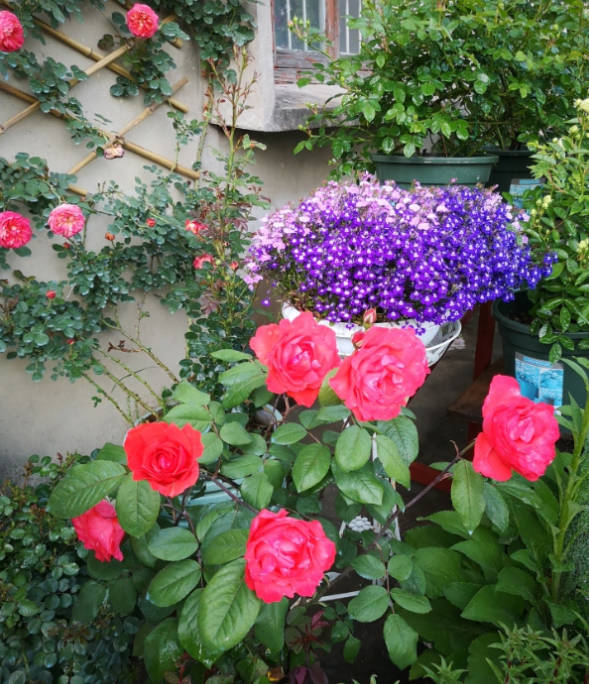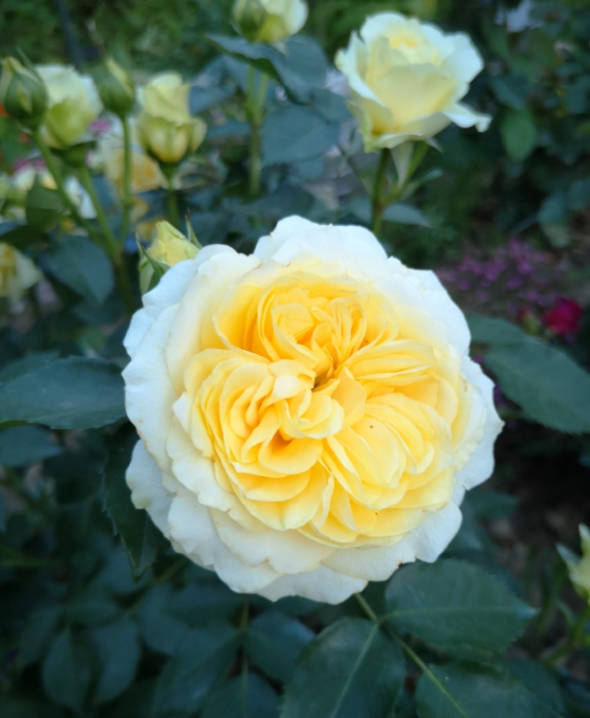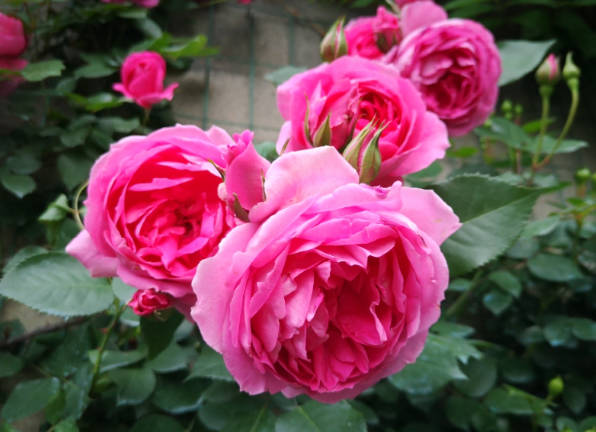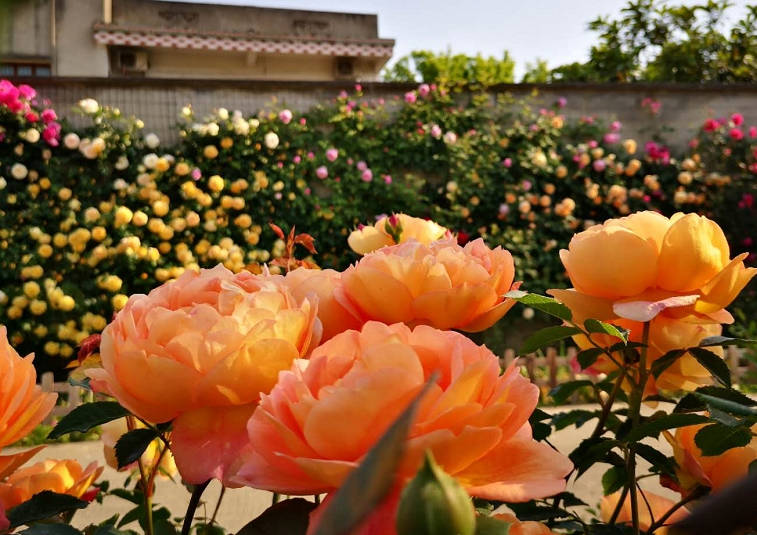6 Rose Care Tips for Beginners (Easy Guide)
Many novice gardeners find roses to be a difficult flower to care for and often keep them half dead or even wilting in less than a year. Like this flower lover’s experience, many people think roses are too delicate.

But in fact, roses are not as difficult to raise as one might think. Even cacti, which are said to be “immortal,” can die if you don’t know how to care for them. The key is to understand and follow the growth habit of each plant.
It is true that roses are more susceptible to pests and diseases than other flowers and therefore require more time and effort to manage. But remember, the effort is proportional to the reward – for roses to bloom beautifully throughout the seasons, they naturally require more care and attention.
Six key tips for rose care

1. Control the amount of watering
It’s not just roses that are hard to care for for novice gardeners, it’s many flowers. The reason for this is often improper watering – you can’t help but water frequently, leading to root rot. Think about it, have you experienced this too?
Roses do not tolerate water and humidity, especially when planted on the balcony, where ventilation is limited and the potting soil dries more slowly, so you need to strictly control the amount of watering. Wait until the soil is completely dry before watering, otherwise, even if it survives for three months, the plant will most likely be in a state of suboptimal health.
2. Ensure good ventilation
Good ventilation is essential to the growth of roses. Adequate ventilation not only removes excess water and prevents suffocation of the roots, but also prevents pests and diseases. For example, red spider mite, which is one of the most common problems for balcony growers, can be significantly reduced by maintaining good ventilation.

3. Increase foliar spray in dry weather
Whether you are growing roses in balcony pots or outdoors, you should regularly rinse the leaves with water in dry weather. This not only increases humidity but also flushes away incipient red spiders.
Balcony growers should be especially careful not to avoid foliar sprays for fear of getting water everywhere. Regular rinsing of the foliage not only prevents spider mites, but also removes dust and significantly improves the photosynthetic efficiency of the foliage.
4. Provide sufficient light
Roses need plenty of sunlight to grow healthily. They need at least 4 hours of direct sunlight every day, even during the flowering period.
A rose without light is like a malnourished child, it will only get weaker and weaker, not to mention blooming and bursting.

5. Regular pest control
Regular pest control is essential for both balcony and outdoor planting.
For balcony planting, focus on preventing red spider, while for outdoor planting, focus on preventing black spot and thrips. If the number of plants is small, you can use diluted vinegar and alcohol spray prevention; if the planting scale is large, you need to use professional pesticides. Remember this principle: apply fertilizer before the rain, and give medicine after the rain.
Different seasons have different characteristics of pests and diseases, and the focus of control is also different. Detailed control program can be referred to the “rose care from beginner to master” in the pest control chapter.

6. Scientific fertilization
Fertilizer should be applied in the right amount. Don’t always think that more fertilizer will make the plant grow faster – over-fertilizing often leads to yellowing of leaves and blackening of stems.
Different fertilizers are needed at different stages of growth: use a general-purpose growth fertilizer during the growing season, and switch to a high-phosphorus potassium fertilizer during the bud stage.
Seasonal changes also affect fertilization strategies, for example, the use of fast-acting fertilizers in summer tends to result in blackened stems. Fertilizing may seem simple, but it is one of the most common problems encountered by newcomers to rose care. We recommend reading the fertilization chapter in Rose Care from Beginner to Expert, which will revolutionize your knowledge of fertilization.





